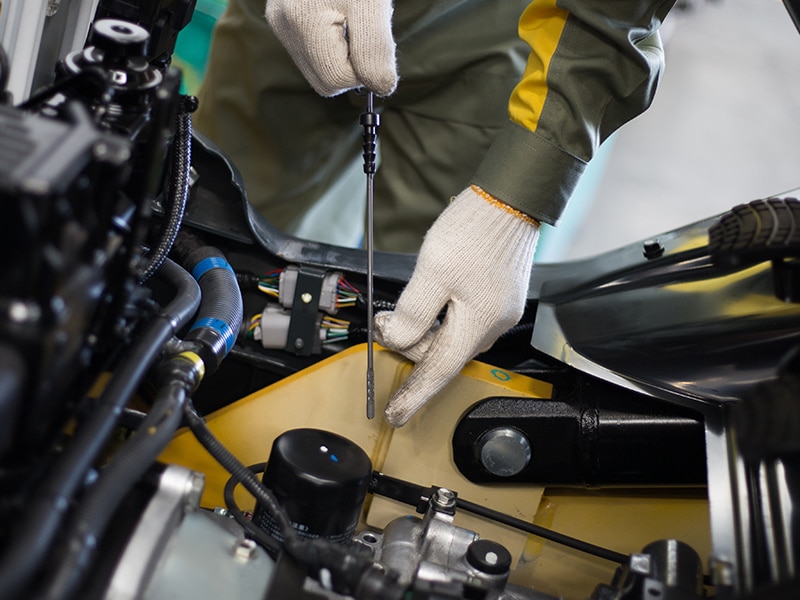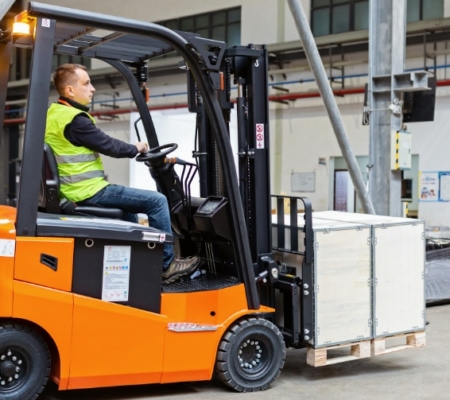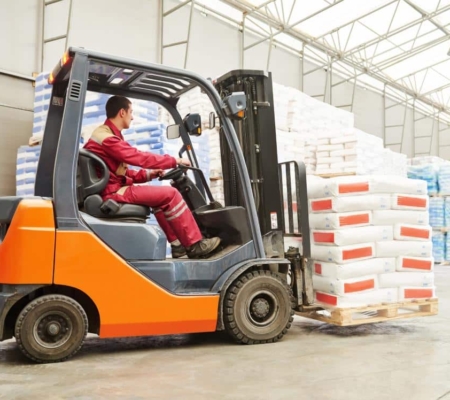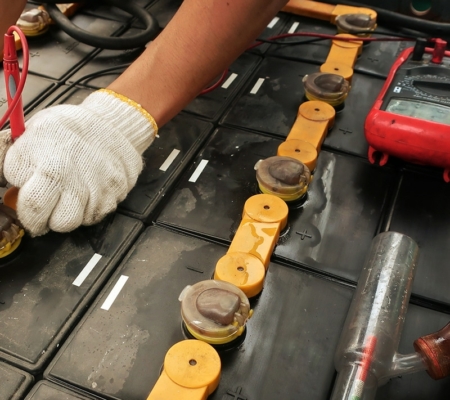How To Prevent High Forklift Repair Costs

Forklifts aren’t cheap to repair or replace, so it is important that you keep them well maintained so they last longer. To keep your forklift repair costs to a minimum, it is a good idea to learn more about forklifts, how they work and how you can look after them better.
If you own a forklift, here are some of the best practices you can adopt to keep the forklift repair costs down.
#1 Better Quality Maintenance
Good quality maintenance on your forklifts will not only make the workplace more efficient and the output of quality of work higher, but it will also prevent any big issues from occurring. Learn about the forklift model that you own, and create a checklist of essential maintenance tasks that need completing. You can assign dates, make people responsible for completing the tasks and implement custom monitoring systems. This can include changing the engine filters, lubricating mast chains, changing the hydraulic fluid in the mast and engine, replacing brake pads, and much more.
#2 Avoid Over-Filling Batteries
You may not think that charging the battery of your forklift is very important, or risky. However, not charging it properly, and even over-filling the forklift batteries, can lead to complications, and costly repairs. To avoid this, you should learn how to properly fill the batteries. If you overfill them, you will dilute the electrolyte solution or drown the battery, which can lead to corrosion.
#3 Avoid Corrosion Or Log Rate Of Corrosion
Corrosion is one of the most common problems experienced with forklifts. It usually occurs with wear and tear, but can be reduced with proper maintenance. Forklifts are more likely to become corroded due to the environment it lives in, and poor maintenance. Make sure you take measures to store your forklift in a secure, cool, dry place when it is not being used. You should also regularly check for any leaks or the overheating of structural components, and keep them clean.
#4 Check The Oil
It is essential that you have the correct oil in your forklift, and it is topped up regularly, so it can function properly. A lack of oil, out-of-date oil or incorrect oil, can quickly lead to significant wear and tear on your engine, and eventually result in your engine failing. This can cost a lot of money to repair or replace.
#5 Daily Basic Checks
Your forklift should have a daily check on all its tyres, the oil, and the functioning of the forks. The best way to ensure every task is completed, and to a high standard, is to create a checklist or a spreadsheet with all essential tasks. This will become part of the standard practice in the workplace, and enable the quick identification of issues before they become too complicated and costly.
#6 Proper Operator Training
Training forklift operators on the correct usage and handling of forklifts can significantly prevent costly repairs. By providing comprehensive training, operators will have a thorough understanding of the forklift's capabilities and limitations. They'll also be familiar with safety protocols and best practices, minimising the risk of damage and accidents.
Ongoing training and refresher courses can reinforce good operating habits and keep operators updated on any new safety guidelines or regulations. This is an area where Atlas Forklift can offer assistance.
#7 Effective Safety Practices
Enforcing strict adherence to safety protocols, such as wearing protective gear and following speed limits can prevent the risk of accidents and costly repairs.
#8 Battery Care and Maintenance
Proper care and maintenance of forklift batteries is crucial to ensure their longevity and prevent costly repairs. Regular inspections should be conducted to check for corrosion on battery cells, as corroded cells can cause overheating and failure of other components.
It's important to take care of the batteries by properly watering and storing them.
Following manufacturer guidelines for battery care and maintenance can help minimise the risk of expensive repairs.
Regular forklift maintenance is essential if you want to keep forklift repair costs down, but the effort is worthwhile. To keep costs down even further, you may consider hiring a forklift from a reputable company. This will help you keep your costs down, as in most cases, you will only pay a fixed cost.


